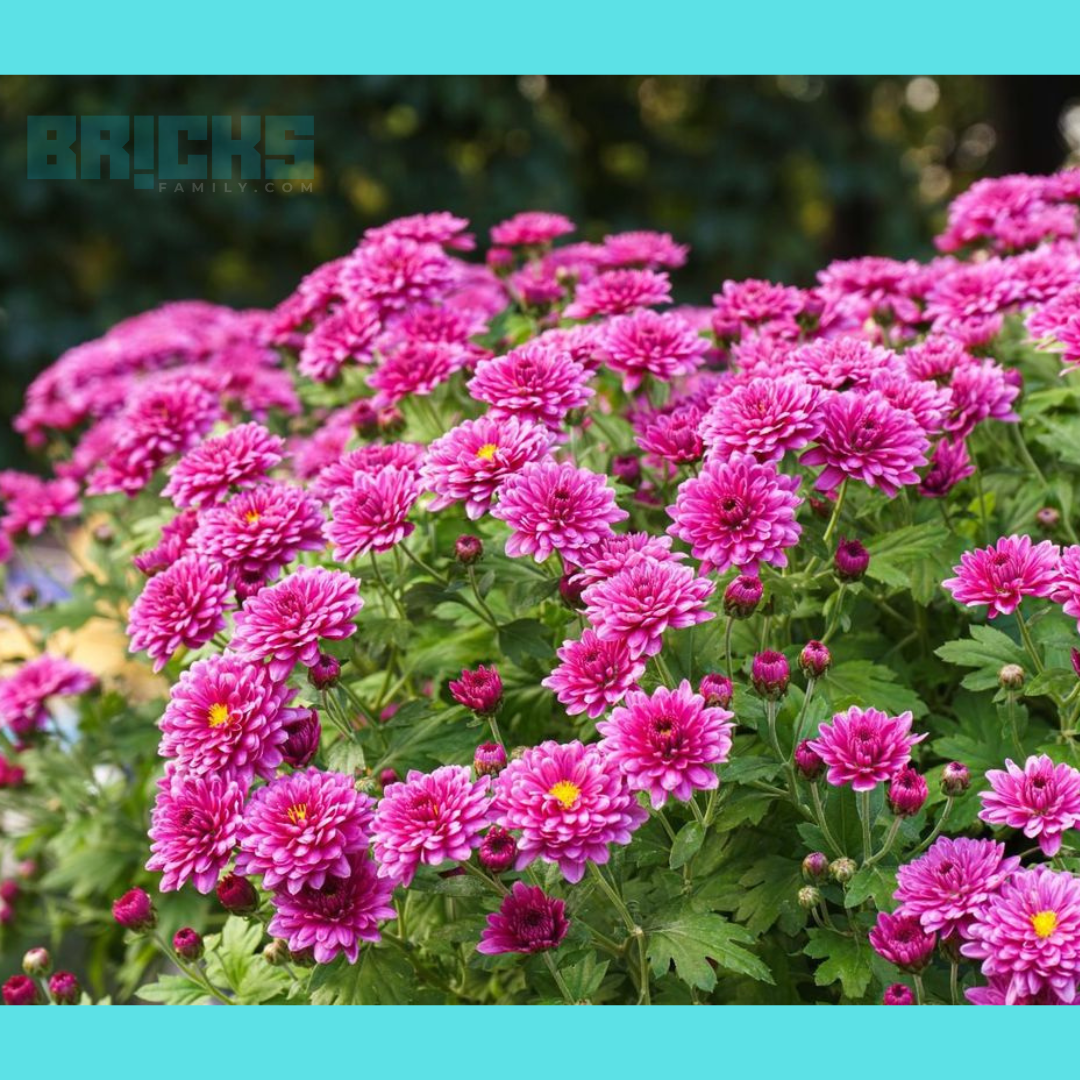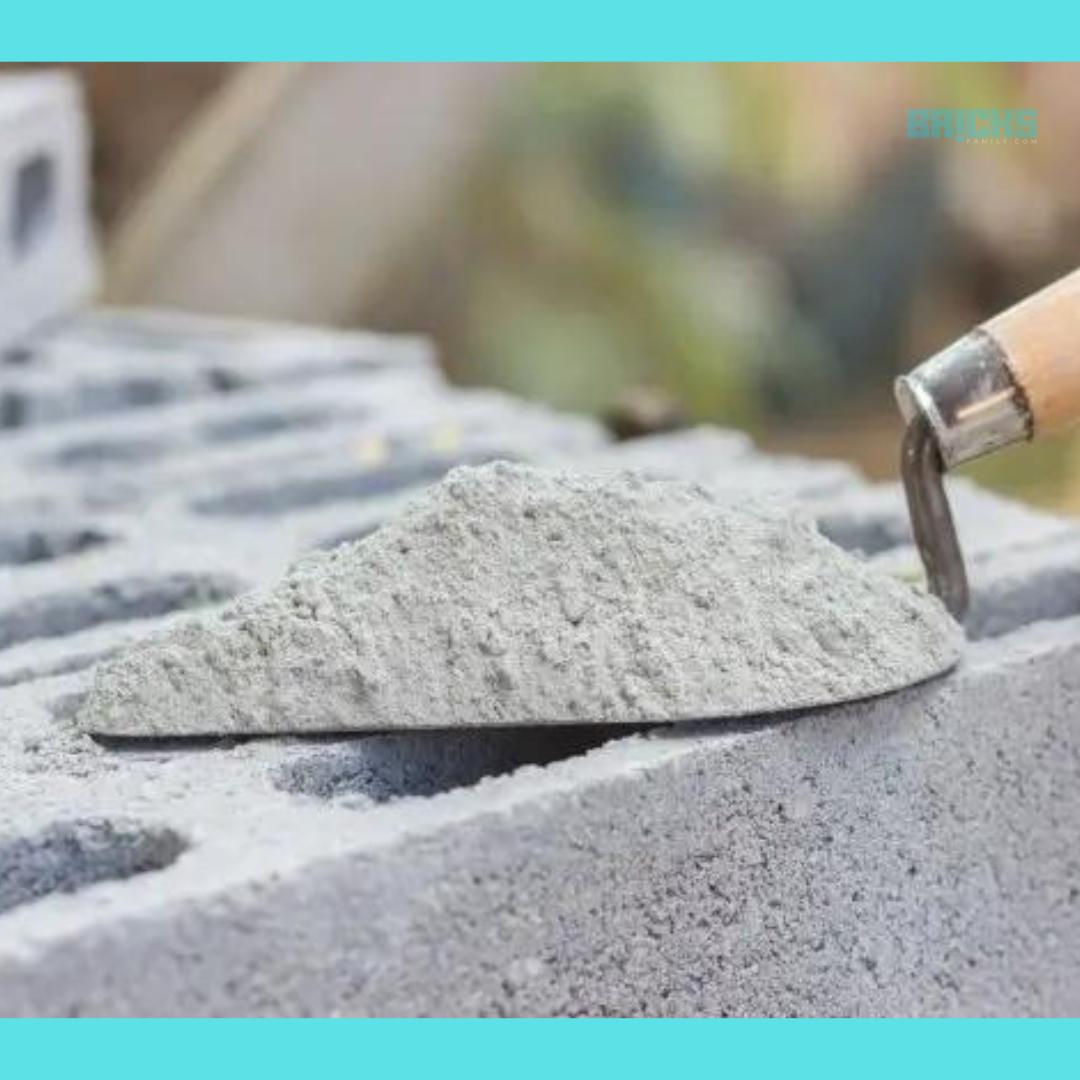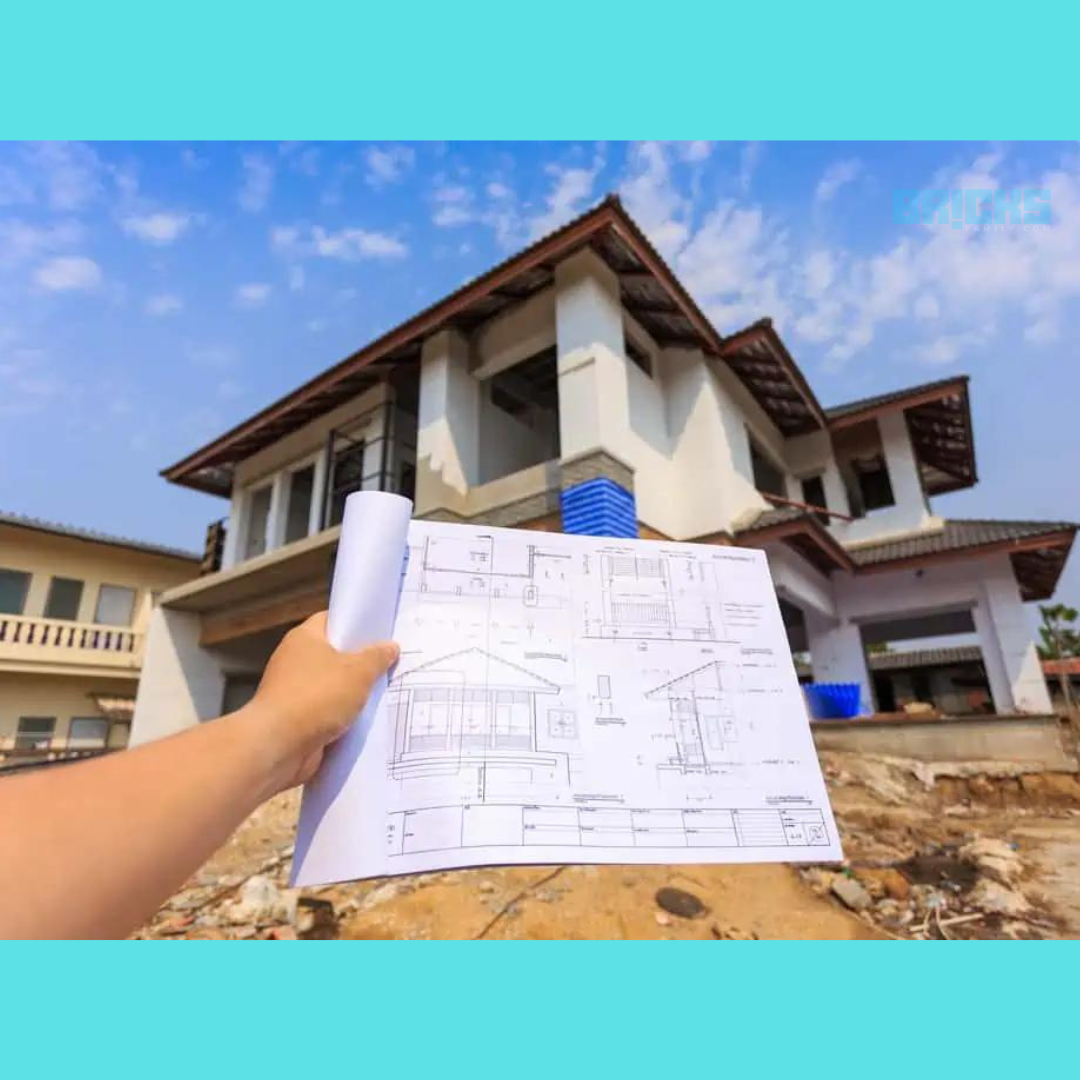The Maharashtra Apartment Ownership Act is notable legislation in the Indian state of Maharashtra. The regulation gives apartment owners additional autonomy over their residences. It makes it easier for people to buy, sell, and inherit their apartments. However, to benefit from this rule, the unit’s owner or owners must fill out and register a certain form. The real estate market and apartment residents’ evolving needs have led to multiple amendments to the statute. In this blog, we will see about Maharashtra’s Apartment Ownership Act: What You Need to Know About Property Rights.
This article will explain this rule and make it easier for you to understand how Maharashtra property ownership is affected by it.
Start Of The Maharashtra Apartment Ownership Act
In February 1971, the Maharashtra Apartment Ownership Act 1970—also called the Apartment Act—went into force. Giving apartment owners transferable and inheritable rights was its primary objective. According to the statute, they can now own their apartments as well as an equal and undivided plot of land and the common areas within the apartment building. Every apartment owner has a portion of the common area. These communal spaces include parking lots, gardens, and halls.
The Maharashtra Apartment Ownership Act Key Provisions
The Maharashtra Apartment Ownership Act encompasses various aspects of apartment ownership and living:
Ownership, transferability, and heritability :Bestow transferable and inheritable rights upon apartment owners. It implies that owners can sell their residence to a third party and leave it to their heirs.
Interests of Apartment Owners in Common Areas: The Ownership Act describes the rights and interests of apartment owners in shared spaces and amenities. This equal interest is computed based on the apartment’s worth relative to the property.
Responsibilities and Duties: The Act specifies what each apartment owner must do for the other and the common areas. It entails helping to keep these common areas maintained and tended to.
Apartment Encumbrances: Apartment owners can impose restrictions on their units. Taking out loans or mortgages on their apartment could be one way to do this.
Execution and Registration: The act outlines the procedures and conditions for putting the apartment’s deed into effect and registering it. It guarantees accurate transaction documentation.
Management of Common Areas: It describes using AOAs to manage facilities and common areas. Through donations from apartment owners, the AOAs are in charge of maintaining these areas.
Regulation of AOAs: Apartment owners’ associations (AOAs) are governed by legislation, which ensures that they operate efficiently and in the best interests of all members.
Common Profits and Expenses: The act defines common profits, common expenses, and other associated financial matters. This guarantees equity and openness in the residential complex’s financial transactions.
Application of The Act
The Apartment Act’s applicability and circumstances are outlined in a few guidelines. Buildings with five or more units (greater than four) benefit from the Maharashtra Apartment Ownership Act. A condominium that consists of two or more buildings, each housing two or more apartments (five or more units), is also advantageous. Maharashtra’s Apartment Ownership Act: What You Need to Know About Property Rights. These properties can be used as residences, workplaces, businesses, etc.
The rules might only cover apartment structures after some time. The building’s owner or owners must take specific actions for the rules to be in effect. They must draft and register a declaration to formally comply with the act’s obligations.
Removing Property From The Act’s Regulations
Apartment owners may waive the act’s provisions for a particular building. If more than 50% of the apartment owners agree, the owners may prepare a document exempting the building from the act’s jurisdiction. However, without the approval of any creditors or holders of encumbrances on the property, they cannot transfer their rights to the undivided share of the apartment owner.
It is crucial to remember that the act allows apartment owners to choose later to reinstate their property requirements.
Share of Property owned by Apartment Owners
Each owner of an apartment is granted two rights under the act: one regarding their personal unit and the other over a portion of the common areas and amenities. The value of the flat in relation to the entire property determines this portion. It is not possible to sell or transfer this portion of the shared areas and facilities away from the flat. Let’s see in this blog, Maharashtra’s Apartment Ownership Act: What You Need to Know About Property Rights.
Act-Related Authority
The act designates particular authorities to carry out its regulations. If a government agency such as the Housing and Area Development Authority is involved in the project, then certain individuals are in charge. If not, the Maharashtra Societies Registration Act, 1960’s definition of the Registrar of Cooperative Societies, becomes the in-charge body.
Creating the Association of Apartment Owners (AOA)
All apartment owners operating following the declaration and bylaws is what the Maharashtra Apartment Ownership Act defines as AOA. With assistance from apartment owners, the AOA’s primary responsibility is maintaining common areas and facilities.
Although the Maharashtra Ownership Flats Rules, 1964 stipulate that at least five apartment owners must file Declarations and Deeds of Apartment to tell the Registrar about the AOA’s creation, the legislation does not set minimum criteria for founding an AOA.
Members of the Association
The Association of Apartment Owners is open to everyone who has bought an apartment in a condominium and completed the apartment’s deed. They have the right to use all shared amenities and participate in AOA duties as members. Members are also required to pay the stipulated fees.
What Constitutes Common Areas and Facilities
According to the laws, all portions of the property that are convenient or required for its upkeep, safety, and existence, or those used by everyone together, are considered common areas and facilities. These consist of the ground, building foundations, corridors, parking lots, central utilities (such as water and electricity), elevators, and more. By adopting a resolution, the AOA is also permitted by the legislation to designate particular locations as common areas and facilities.
Common Expenses
The Association of Owners (AOA) assesses common expenses for unit owners. These costs cover the upkeep, administration, and repairs of shared spaces and facilities. All unit owners are required to contribute to these costs, which may be decided upon or designated as common expenses by the association. There is a levy on the property of the apartment owner for nonpayment of these costs.
Handover of Maintenance
The statute prohibits transferring maintenance duties from the Promoter or builder to the AOA. To assume maintenance, apartment owners should contact the Promoter when registering an AOA. The AOA may utilize its agencies to handle upkeep, including security and housekeeping if the Promoter refuses to cede responsibility. The AOA may replace vendors or agencies that the Promoter had previously designated.
Bye-Laws of the Association
Every property is managed according to its bylaws, a true copy of which needs to be submitted to the appropriate government. These bylaws govern upkeep, repairs, and enhancements or additions to common areas and facilities. Owners of apartments must abide by the bylaws, which are subject to change. The majority of apartment owners, or 75% of them, must approve an alteration before it can be submitted to the appropriate authority.
Redevelopment of Apartments
In 2018, an additional section on apartment redevelopment was included in the statute. This permits redevelopment, subject to a condition and with the approval of most apartment owners. The building that will be redeveloped needs to be at least thirty years old as of the date the planning authority issues the occupancy certificate or the completion certificate, whichever comes first. Redevelopment may be allowed if the structure is still thirty years old but has been deemed dangerous or disastrous by the planning authorities.
Complaints with the Authority
The Registrar of Co-operative Societies, as designated under the Maharashtra Co-operative Societies Act, is the person to whom the aggrieved party may make a complaint in the event of a dispute between apartment owners or between the AOA and apartment owners. Within thirty days, the registrar is required to respond to these complaints. Within sixty days of receiving the registrar’s instructions, a party may submit an appeal with the cooperative court if they are dissatisfied with the judgment.
Conclusion to Maharashtra Apartment Ownership Act
The Maharashtra Unit Ownership Act seeks to empower unit owners with many regulations. In addition to guaranteeing the efficient administration and upkeep of common areas and amenities within apartment buildings, it safeguards their rights. This law creates the conditions for peaceful coexistence, open financial transactions, and efficient management of these common areas. The legislation continues to be an essential legal framework that outlines the obligations and interactions of apartment owners in the state of Maharashtra, even as the real estate market changes.
Also Read: Best Time to Buy Property |Buying Property During Diwali
Similar Topics: Different Types of Cement in India for Construction















